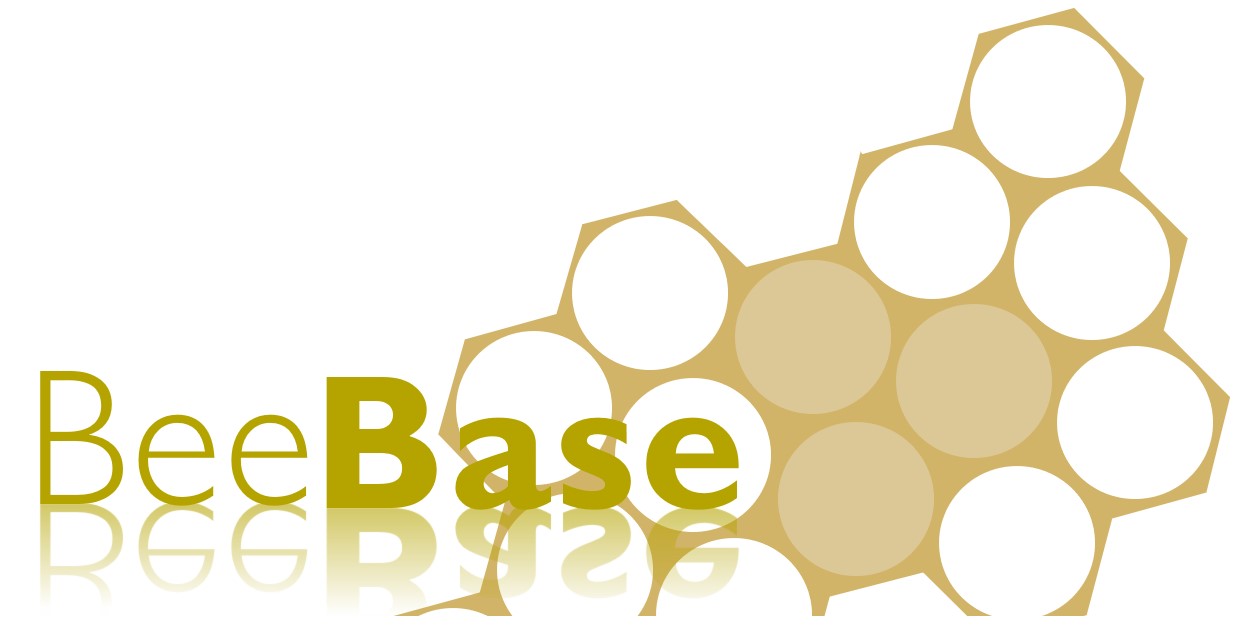Information for beekeepers in Scotland
Scottish Government - Honey bee health programme
Bee health in Scotland is a devolved matter, and the Scottish Government has a dedicated team responsible for honey bee health. The team is formed of bee health inspectors, policy officials, a Veterinary Advisor, a diagnostics and science team at SASA (Science and Advice for Scottish Agriculture) along with an apiculture specialist at Scotland’s Rural College (SRUC).
Our team of bee inspectors operate across Scotland conducting a programme of apiary visits during the beekeeping season, inspecting colonies for signs of notifiable pests and diseases as well as monitoring for incursion of exotic pests. Inspectors also respond to callouts from beekeepers when they suspect that a notifiable disease is present. You can visit the Rural Payments and Services website to see the latest guidance on bee inspections in Scotland.
The Scottish Government’s ‘Honey Bee Health Strategy 2022-2032’ guides the work of the bee health team. The strategy aims to achieve a healthy and sustainable population of honey bees in Scotland. This strategy was jointly developed with our Bee Health Improvement Partnership (BHIP), which is made up of stakeholders and operational partners with an interest in honey bees in Scotland and who will take forward the aims and objectives set out in the Implementation Plan.
Among its various activities, the bee health team in Scotland provides a range of educational support, for example: talks to local beekeeping associations, beekeeper training days for industry and hobbyists and working with commercial beekeepers to agree a protocol for managing European Foulbrood (EFB). It also provides information and awareness on honey bee diseases such as the two types of foulbroods as well as advising on best practices for the treatment of Varroa.
For more information on bee health in Scotland please click on the following link to the Scottish Government's bee health pages.
If you have any questions, you can contact the team by emailing: Bees_mailbox@gov.scot
SASA
SASA provides scientific advice and diagnostic support to bee inspectors in the identification and control of statutory bee pests and diseases. Samples taken from apiaries during the inspection programme are sent to the SASA laboratory for examination.
In addition, SASA also offers the following free diagnostic service to beekeepers in Scotland:
- Screening of hive debris or inserts for the presence of Varroa
- Examining samples of adult bees where there has been unexplained colony loss for the presence of Acarine mites, Nosema or evidence of Varroa damage
If you require either of these services, please visit the SASA pages for further information.
SRUC
As part of the education pillar of the ‘Honey Bee Health Strategy 2022-2032’, the Scottish Government funds a Bee Health Advisor post at Scotland's Rural College (SRUC). Our Bee Health Advisor, Lorraine Johnston, works in close partnership with the Scottish Government’s honey bee health team. Lorraine provides education and practical advice to beekeepers on honey bee health and good management with the aim of improving bee health in Scotland.
If you have any technical queries or would like details of upcoming talks, you can contact Lorraine via email at: Lorraine.Johnston@sruc.ac.uk or by calling: 07795 919209.
